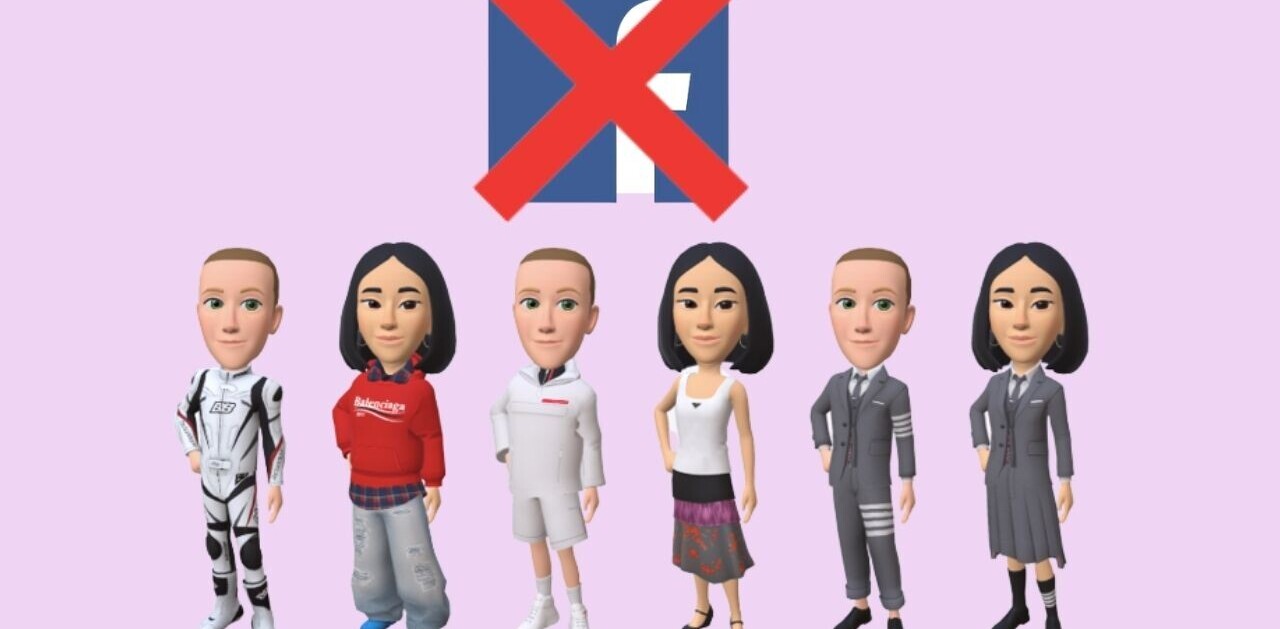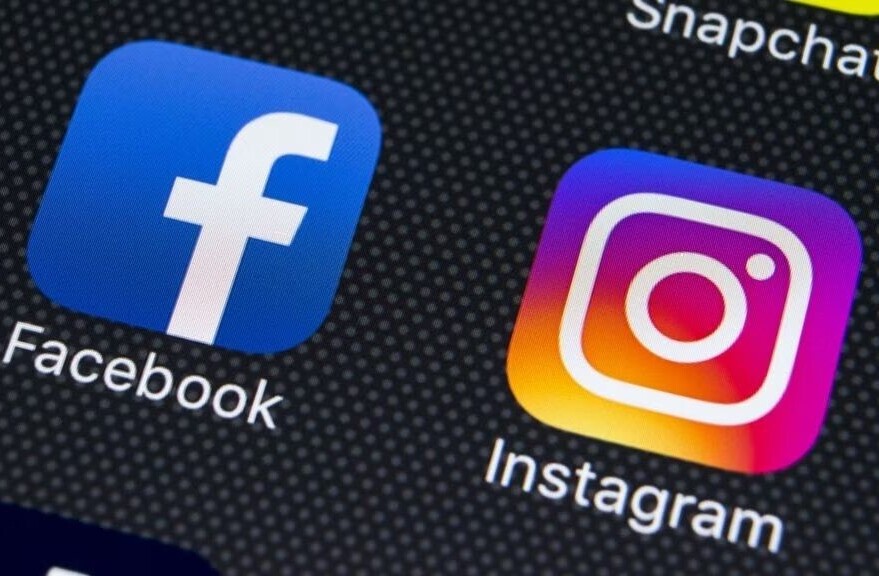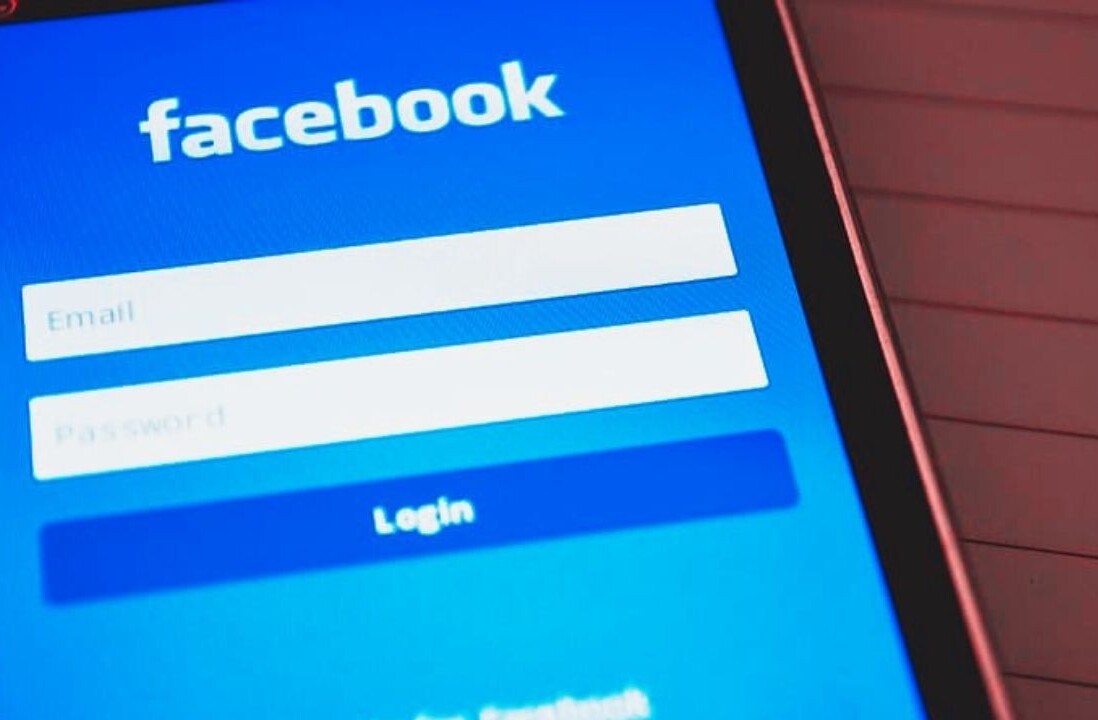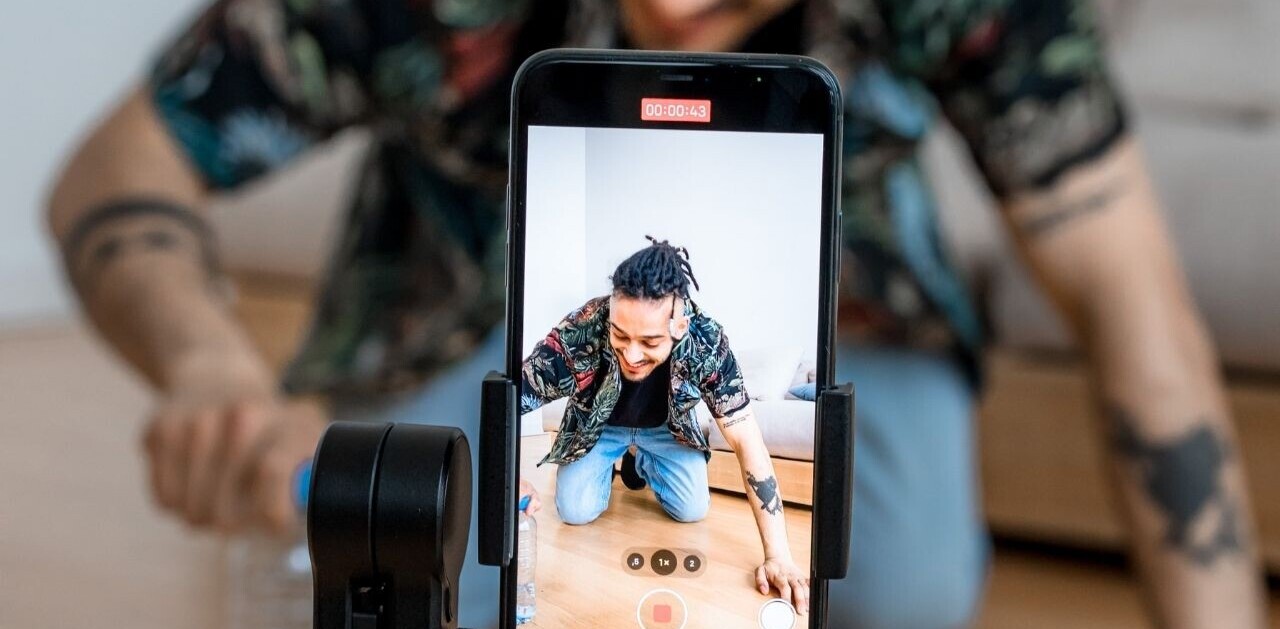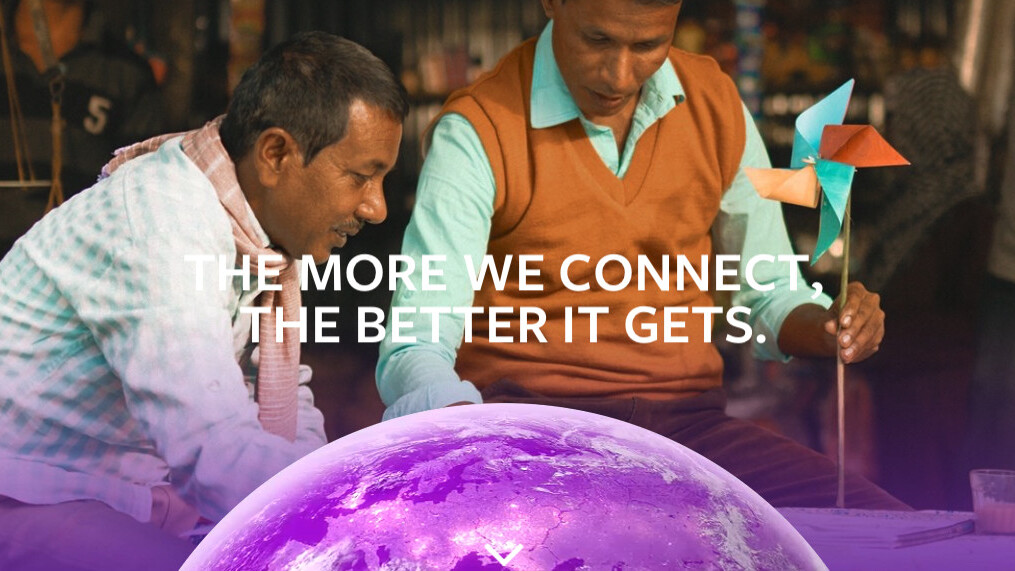
Facebook is struggling to make its Free Basics service — which allows people in 36 countries to access select websites for free — stick in its largest target market: India.
Since it launched in the country in February, the service has received flak for violating net neutrality principles, which state that all content should be treated equally and made available as such.
Critics take issue with the fact that Facebook gets to act as a gatekeeper of the sites available on its platform and decide what content and services people — particularly those who can’t afford to pay for internet services — get to use through Free Basics.
Along with other zero-rating services in India like Airtel Zero that aim to offer subsidized access to select services, the future of Free Basics in the country will be determined by the Department of Telecommunications’ (DoT) decision on whether it work net neutrality principles into legislation.
The Telecom Regulatory Authority of India (TRAI), which will make recommendations to the DoT, has published its second consultation paper on the topic and aksed citizens to write in with their opinions by December 31.
With the deadline looming large, both Facebook and its critics have been working hard to garner support for their causes.

Through Facebook notifications, the company has been asking users to support Free Basics in India by sending an automated email to TRAI. Earlier this week, it ‘accidentally’ sent those notifications to some users in the US and UK as well.
Facebook has also spent money on billboards, YouTube ads and print ads promoting Free Basics in India. It’s clear that the company feels threatened.
Inundated with disingenuous appeals, no stone left unturned. #netneutrality #freebasics pic.twitter.com/3aYdAH6g0H
— Mishi Choudhary (@MishiChoudhary) December 22, 2015
It has good reason to. Save the Internet, a campaign orchestrated by numerous volunteers from across the diaspora of Indian Web users, has been gaining support since it began spreading the word about Facebook’s net neutrality-violating ways earlier this year.
Its site aims to educate people about the issues at hand and the consequences of ushering in zero-rating services like Free Basics. It also lets you email TRAI to voice your opinion on the matter.
The volunteer team recently published a document explaining all that’s wrong with Free Basics. It clearly got people’s attention: Facebook thought it was important enough to refute those points on its website today.
In addition, comedy supergroup All India Bakchod released the third instalment in its series of videos urging viewers to support net neutrality, this time with a focus on the evils of Free Basics.
Facebook’s vice president of global business communications has been active on Twitter in the past few weeks fielding questions, disputing claims and attempting to clear the air about Free Basics — but Indians aren’t making it easy for him.
https://twitter.com/MikeatFacebook/status/679982614896230400
As if the company didn’t have it hard enough already, TRAI recently ordered mobile carrier Reliance Communications to suspend Free Basics across the country temporarily.
It’ll be interesting to see what TRAI and DoT make of net neutrality in 2016. The issue has been actively debated for a solid year now, and the final decision will likely influence ideas in other developing countries where companies are looking to gain control over what people see on the Web.
In attempting to cover both sides of the story, I’ve had a hard time firming up my stance on this. While it’s true that Free Basics, even in its current state, has the potential to help improve people’s lives, it also happens to be a second-class service that its creators would likely never want to use.
However, considering the various models Facebook could use to connect people for free (such as low speed unlimited internet or an ad-supported service), it’s important to consider whether the chosen path is sustainable in the long run. A temporary solution that’s only available for a few months won’t have the desired impact of a program designed to connect a billion people over the next several years.
But ultimately, I liken it to one’s efforts to providing drinking water to a drought-stricken population: you can only offer the same quality of water that you’d drink yourself.
➤ Response to Free Basics Opponents [Free Basics]
Get the TNW newsletter
Get the most important tech news in your inbox each week.
